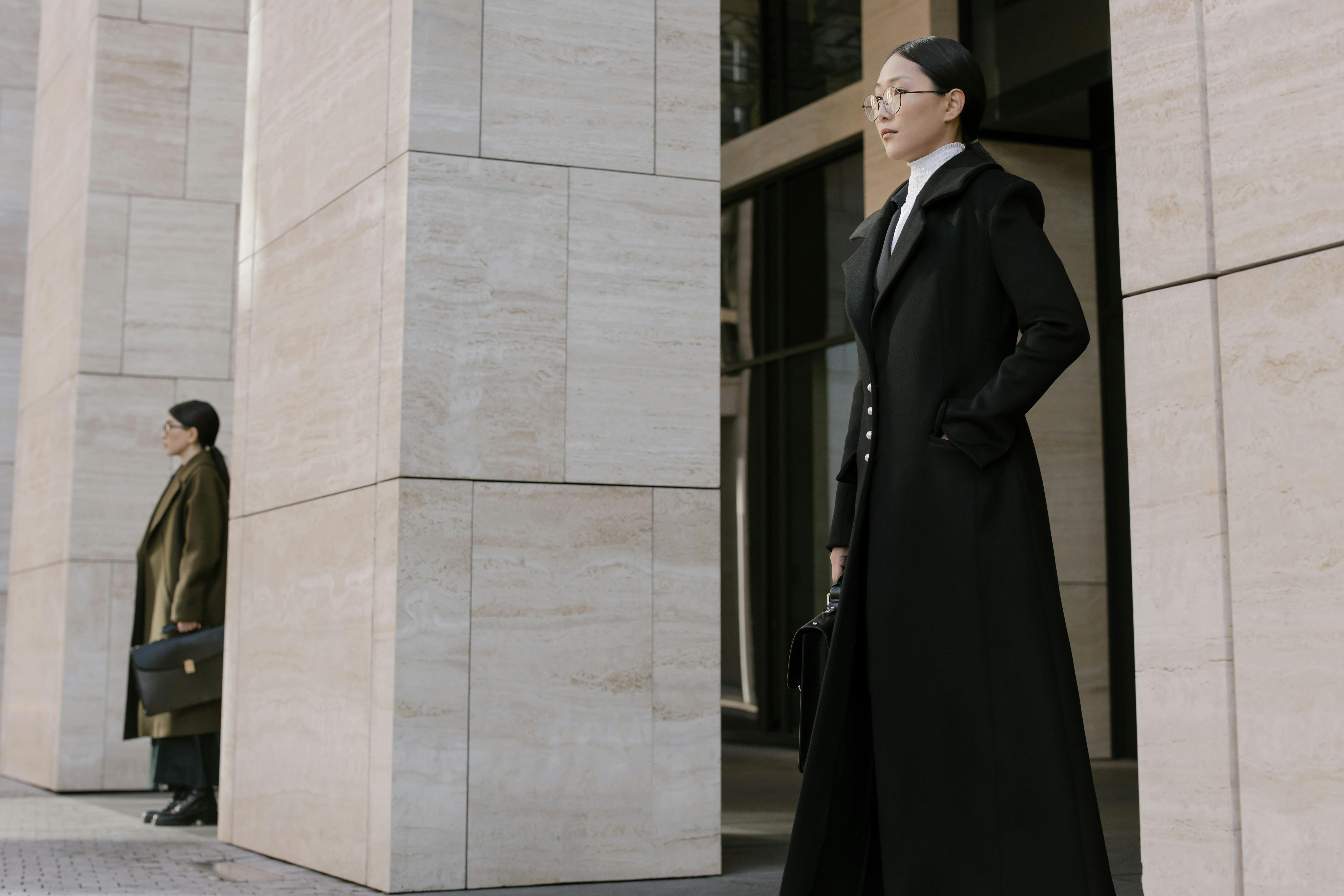With the ability to have instant access to a vast amount of information on any subject known to man, it would seem to be quite an easy task to educate yourself fairly well on a desired topic. The flip side of this is information overload that leads to analysis paralysis.
If you’re in the process of making a career change, moving up, or changing industries, it’s only natural to do a little research to be prepared. So start an internet search. You’ll find information on job search strategies, resumes, networking, LinkedIn, interviewing, just to name a few topics you’re likely to come across.
So you pick and start doing some real research on a topic to start with and that’s when the fun begins.
One site tells you to always have a one page resume, another says two pages is preferred or more common. One expert tells you to never have a resume at the top of your resume, another says it’s an absolute must, and the list goes on and on and on and on…
What you quickly begin to realize is that there is a lot of conflicting information, with an emphasis on a lot of information available. By the time you accumulate all the tips, tools, tricks, insights, and recommendations, your head is about to explode. You feel worse than when you started the process.
You may feel like you thought you knew a thing or two, but now you feel like you really don’t know anything about this whole process after all. A feeling of pessimism begins to appear.
Should you redefine your brand, resume, LinkedIn, networking, interviewing, and everything else you do every time you leave home or apply for a job? They all seem sincere and authoritative, even if they are in conflict, so who do you listen to?
Let’s not forget the good intentions of family and friends. Some become instant experts on the job search and all the elements as soon as they find out you’re in that mode. They tell you with extreme confidence exactly what to do. Sometimes, if you’re really lucky, they harass you asking if you’ve followed their advice to the letter and if not, why not, and it can turn into a reprimand rather than support.
Professionals, websites, articles, videos, seminars, books, friends, family, ex-bosses, co-workers, networking groups – who do you listen to? You have so many choices of who to listen to, but chances are you’re not listening to the person who has the most to contribute, your most valuable expert.
What if I told you that there is a person who knows you better than anyone and who can guide you? They can eliminate the information dump and select the gems that benefit you the most because they are in line with who you are and what you want.
Who is this person??
Are you.
That’s how it is; you need to listen to yourself. Your instinct, your intuition, the little voice in your head: whatever you call it, you must learn to listen to it.
No, you don’t know the job search world, but you know yourself. And selling yourself in a way that resonates with you is foundational and vital to the success of your job search.
You can put together the best advice in the world, but if it doesn’t work for you, then it’s worthless. Listening to yourself allows you to pick and choose from the strategies and suggestions and mold them to your comfort level.
For example, if you read a very persuasive article advocating colors, graphs, charts, and statistics on your resume, but your stomach clenches just thinking about it. That would be a signal not to do it. If you choose to ignore this advice from yourself and make those changes, you will probably end up not liking your resume.
This in turn means that you will be less likely to use and send it. That means less visibility and not creating opportunities for you to be considered. This could prolong your job search, deepen your frustration, and make you feel worse than before.
If your gut says not at all, but you think the advice might have some value, see if you can find a compromise. Say, “Yo, I know I can’t make a fancy resume, but is there anything here we can use? I really want to improve the look of my resume.”
You may well answer yourself, “How about using a different font, working with white space, changing the letterhead, and making smaller visually impactful changes?”
Now you create a look that you like, that you are proud of and that you happily send. Therefore, it increases your chances of visibility, communication and action.
The bottom line is this: It’s your career, your life, your resume, your LinkedIn profile, your network, your brand, it needs to represent you! Do your research, listen, and then have that conversation with yourself. Find a commitment to build a personal brand, make connections, expand your network, and capitalize on opportunities.



